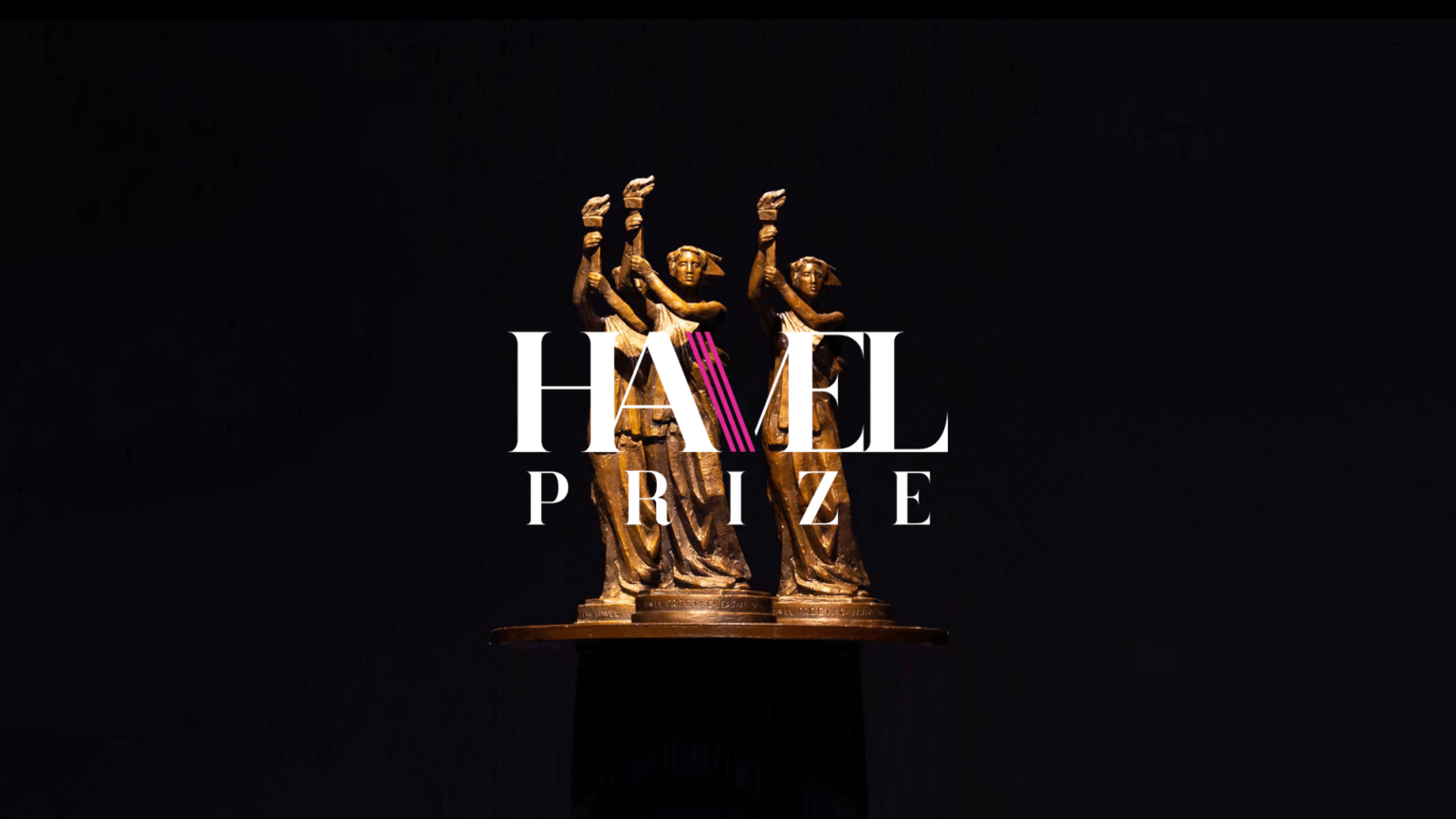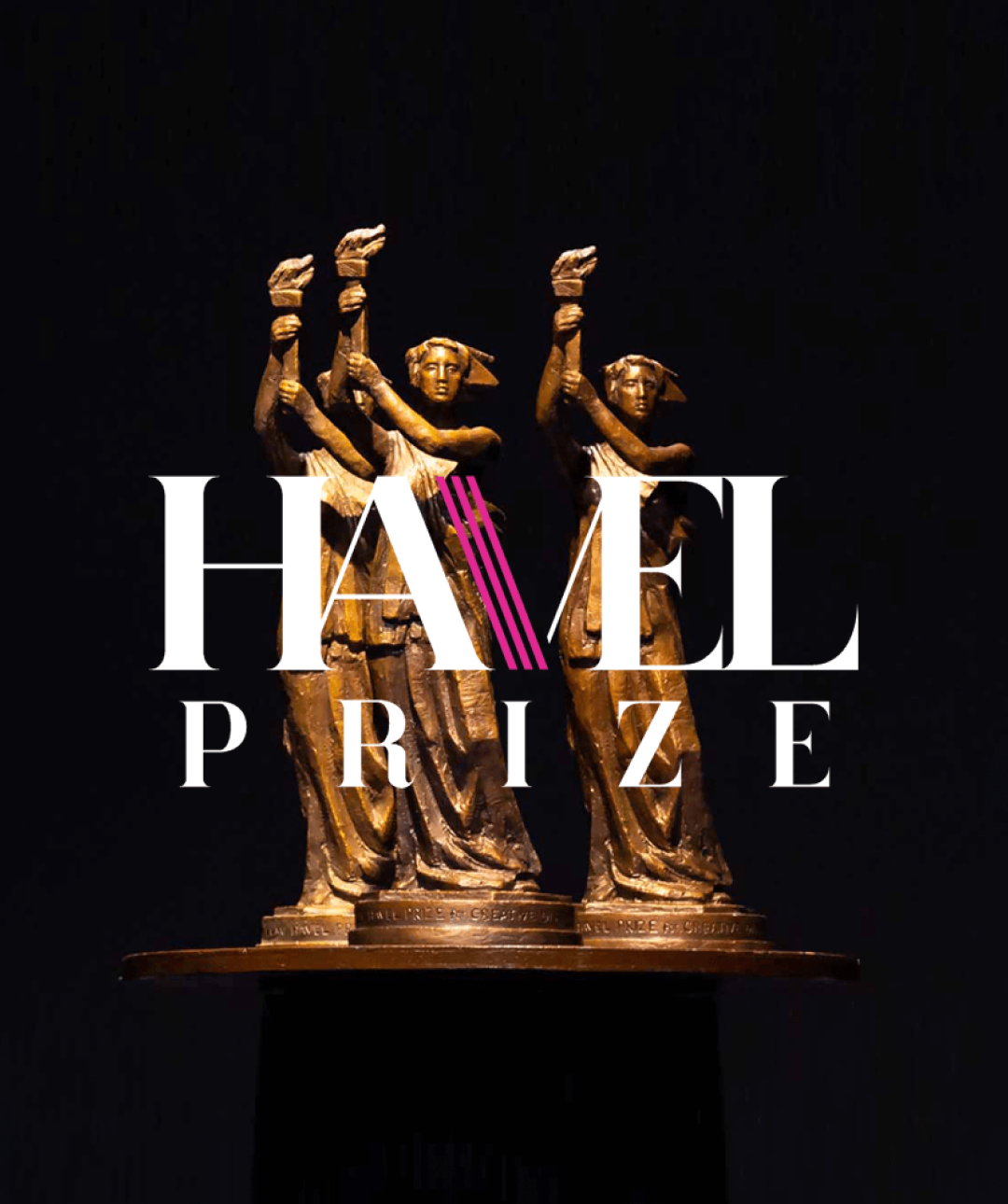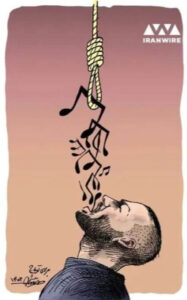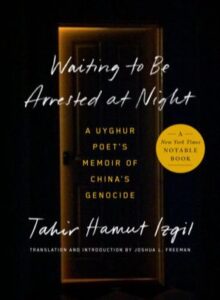

OSLO, NORWAY (May 22, 2024) — The Human Rights Foundation (HRF) is pleased to announce the recipients of the 2024 Václav Havel International Prize for Creative Dissent: Uyghur poet and activist Tahir Hamut Izgil, Iranian hip-hop artist Toomaj Salehi and Venezuelan pianist and recording artist Gabriela Montero.



“Every year, the Havel Prize celebrates individuals who, with courage and creativity, unmask tyranny and embody the concept of ‘Living in Truth,’ as relevant today as when it was articulated by Václav Havel almost 45 years ago. Their work stands as a testament to extraordinary bravery and ingenuity,” HRF Founder Thor Halvorssen said.
This year’s laureates will be recognized during a ceremony on Tuesday, June 4, at the 2024 Oslo Freedom Forum (OFF) in Oslo, Norway. Montero will be performing her latest composition of “Canaima: A Quintet for Piano and Strings” with the Calidore String Quartet at the Oslo Konserthus.
The Havel Prize ceremony will also be broadcast live at oslofreedomforum.com.

Salehi is an Iranian hip-hop artist known for lyrics protesting the Iranian regime and calling for human rights. In September 2022, at the height of the nationwide “Women, Life, Freedom” protests, Salehi released several songs supporting women’s rights. One song, “Divination,” with the lyrics, “Someone’s crime was that her hair was flowing in the wind. Someone’s crime is that he or she was brave and…outspoken,” grew in popularity and was sung throughout the protests.
Salehi was first arrested in October 2022 and was released on bail in November 2023 after the Iranian Supreme Court overturned his charges of “corruption on Earth,” “propaganda against the system,” “collaboration with a hostile government,” “inciting people to murder and riot,” and “insulting the leadership.” On November 27, 2023, he posted a YouTube video describing the torture and forced confession he experienced during his detention. Three days later, armed plainclothed agents abducted Salehi. He was subsequently charged in two trials. On April 24, the Isfahan Revolutionary Court sentenced him to death.

Izgil is a prominent Uyghur poet, filmmaker, and activist. He is known for his avant-garde poetry, written in Uyghur and influenced by Uyghur life. Originally from Kashgar, Izgil led the 1989 student movement at the Central Nationalities Institute in Beijing.
In the late 1990s, he was arrested on charges related to the possession of sensitive literature, leading to a three-year sentence in forced labor camps. He is among the few Uyghur intellectuals who successfully escaped the region in 2017.
Izgil’s new memoir, “Waiting to Be Arrested at Night: A Uyghur Poet’s Memoir of China’s Genocide,” documents his journey living in and escaping the Uyghur Region, sharing a rare testimony of the Uyghur genocide with the broader world. His book has been listed as one of the “50 notable works of nonfiction” by The Washington Post and as one of the “100 Must-Read Books of 2023” by Time Magazine.
 Montero is an internationally acclaimed Venezuelan pianist and composer. Montero’s journey of creative dissent began in 2011 with her first orchestral composition, “Ex Patria,” a tone poem designed to illustrate and protest Venezuela’s descent into lawlessness, corruption, and violence. Her recording of the work won a Latin Grammy® for Best Classical Album in 2015. Further compositions followed, including the “Latin Concerto” (2016), “Babel” (2018), and “Canaima; a Quintet for piano and Strings” (2024).
Montero is an internationally acclaimed Venezuelan pianist and composer. Montero’s journey of creative dissent began in 2011 with her first orchestral composition, “Ex Patria,” a tone poem designed to illustrate and protest Venezuela’s descent into lawlessness, corruption, and violence. Her recording of the work won a Latin Grammy® for Best Classical Album in 2015. Further compositions followed, including the “Latin Concerto” (2016), “Babel” (2018), and “Canaima; a Quintet for piano and Strings” (2024).
Winner of the 4th International Beethoven Award, Montero is a committed human rights advocate whose voice regularly reaches beyond the concert hall. She was named an Honorary Consul by Amnesty International in 2015. In January 2020, she was invited to give the Dean’s Lecture on creative dissent at the Harvard Radcliffe Institute and has spoken and performed twice at the World Economic Forum in Davos. She was awarded the 2012 Rockefeller Award for her contribution to the arts and was a featured performer at Barack Obama’s 2009 Presidential Inauguration.
The Havel Prize is named after the late Czech president, poet, playwright, dissident, statesman, and former HRF chairman, Václav Havel. Havel led the nonviolent revolution that freed Czechoslovakia from Communist rule, creatively challenging arbitrary power and injustice in his country.
HRF launched the Havel Prize in 2012 with the support of Dagmar Havlová, Havel’s widow. Laureates received a bronze sculpture depicting the “Goddess of Democracy,” the iconic figure erected by Chinese students during the Tiananmen Square protests in June 1989. In addition, each laureate will receive a prize of USD 50,000.
Previous laureates include performance project Stand Up for Ukraine, Nicaraguan political cartoonist Pedro X. Molina, prominent Ugandan novelist Kakwenza Rukirabashaija, Iranian artist project PaykanArtCar, late Rwandan gospel musician and activist Kizito Mihigo, Saudi women’s rights activist Manal al-Sharif, Chinese artist Ai Weiwei, South Sudanese activist and musician Emmanuel Jal, the Belarus Free Theatre, Cuban civil society group the Ladies in White, and Thai band Rap Against Dictatorship.
Join us in helping save lives and stand up to tyranny.

Reach out with any questions or support needs.
Become part of our mission-driven team.
Find answers to commonly asked questions in our FAQs.
Hit enter to search or ESC to close